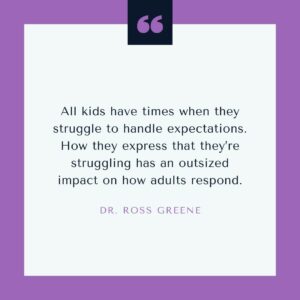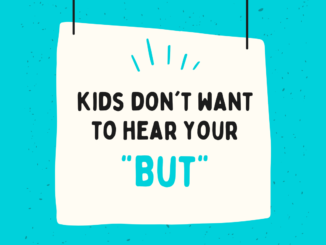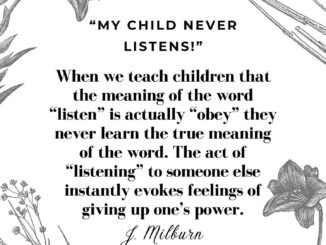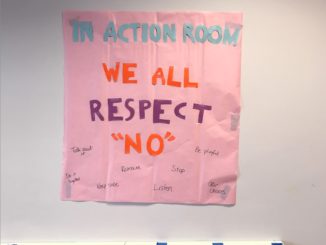If a child feels the deepest depths of sadness they’ve ever felt, and expresses it by becoming silent, laying their head down on their desk, and silent tears rolling down their face — adults will probably offer them comfort. Maybe tissues, maybe hugs, maybe a quiet listening ear.
If a child feels the deepest depths of sadness they’ve ever felt, and expresses it by clenching their fists, screaming at the sky, and running out of the room — adults will probably offer them anger, “consequences”, perhaps a behavior chart not to do it again.
Perhaps intentional ignoring them in their sadness, so that they learn not to do it again. Perhaps a new, designated adult to follow them around and make sure they stay in rooms.
Both children were desperately sad. One of them was heard. The difference was the adults.

[Image description:
A quote that reads, “All kids have times when they struggle to handle expectations. How they express that they’re struggling has an outsized impact on how adults respond.” —Dr. Ross Greene
End description.]



